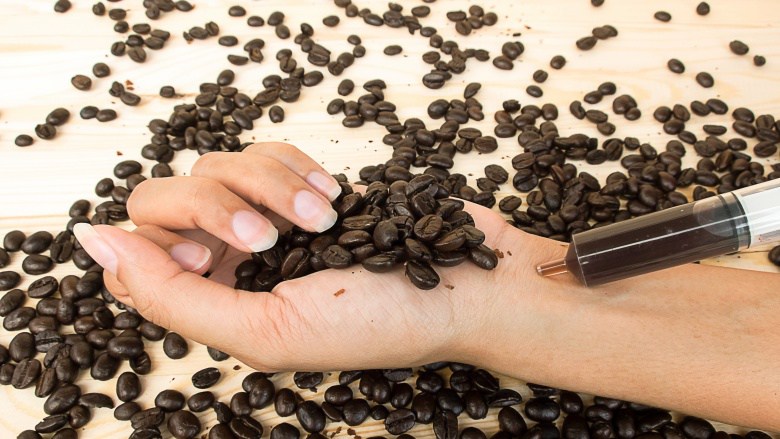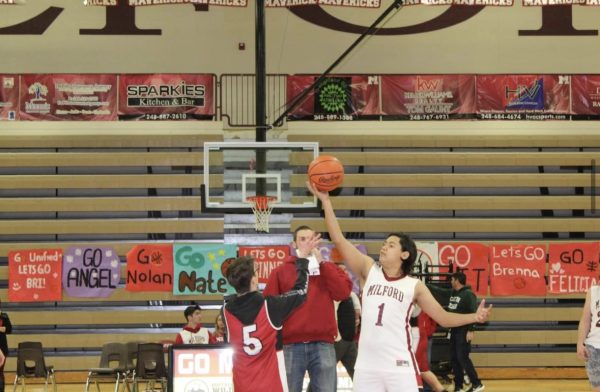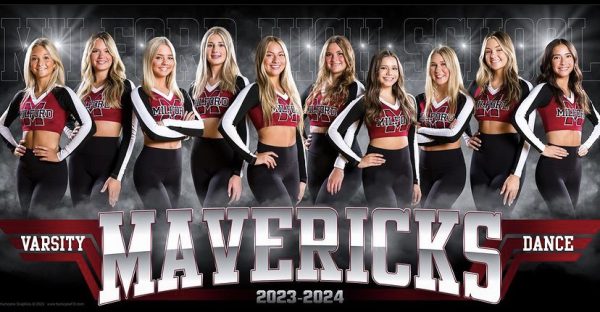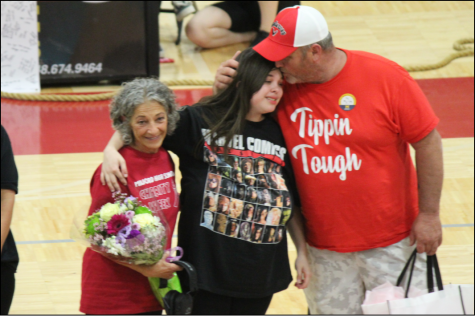Caffeine and Kids
May 29, 2018
For many kids, caffeine is not only a major part of life as they used it to assist them through school, jobs, and for some, just pleasure. In these situations, some consume caffeine because they like it, while others feel they need caffeine to merely get by. That begs the question – how does caffeine affect those underage, high schoolers in particular?
To start, the fact that caffeine is a drug such as adderall or any other, is not exactly wrong, however, it may be misleading. While it may assist in focus or ability, it is technically a psychoactive similar to sugar.
So, why is it that even after all those poor side effects A study in the journal children’s medical journal Pediatrics found that almost ¾ of teens today take this drug daily? Many different answers can be used.
One major thing is the ability to convince children that it’s not as severe. With the popularity of coffee rising due to the ever growing power of Bigby and Starbucks, as well as the general acceptance of energy drinks and that whole culture sphere, it’s easy to understand why many children would fall right into the group of “it’s not so bad” or “I need it to wake up.”
In the case for energy drinks, groups like Red Bull and Monster provide the image of “extreme” that more than a few kids aspire to be. There’s athletes, celebrities and all sorts of Internet personalities advertising and attesting to the greatness of these drinks all while disregarding the downside of over consumption. For example, Redbull portrays their drinks as all powerful gogo juice that enhances abilities of a normal person all while neglecting the dark truth that too much can lead to things such as, poor heart rate, shortness in attention span, restlessness and even a distorted and misaligned sleep schedule.
After all that, energy drinks are not all bad; there are definitely upsides to the massive amounts of stimulation drinks like that provide to many. Stuff like Five Hour Energy, which is marketed towards older and more sluggish middle-aged people, can provide a boost of energy with the promise of no crash. Most commercially available drinks are designed be consumed in situations in which you need energy, and that may be part of the issue.
On the other side of the caffeine escapade you get coffee. Not always advertised and shown off in the extravagant and wild ways energy drinks are but the effects are most definitely parallel. As mentioned before, large chains are one of the major factors that allowed caffeine consumption to be pushed to the extreme as well as inspiring the movement of precious bean water within kids. The negatives are still the same as energy drinks, as well as the positives, the only difference is the way in which both are perceived. Energy drinks are flaunted as extreme and crazy ways to gain many people’s much needed solution to the caffeine fix.
Coffee, on the other hand is perceived to be more mild, even more sophisticated in some cases, while that is not true at all. Instead of tasting fruity and fizzy you get the bitter taste and smoothness all while receiving same jitteriness and attention issues the former provides. The small boost to focus and attention is sought after with kids today. Nobody can say definitely whether that is good or bad, but denying the effect it has on modern society cannot be denied.
Overall, it is hard to tell whether caffeine is a boon to students and a crutch to assist in studies, or merely a drug to be taken purely for entertainment. But one thing can definitely be known. It’s not going anywhere, and only time will decide what it’s real effects will be on children.









